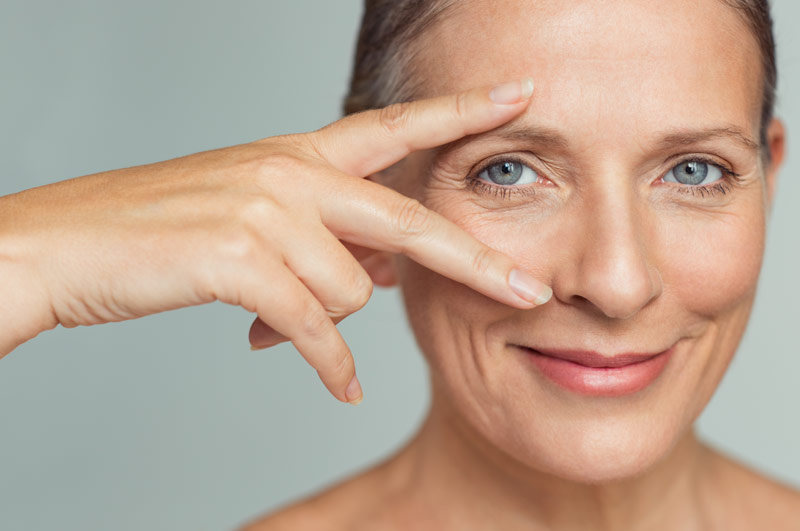Cosmetic surgery has long been a staple in the UK’s beauty and wellness landscape. Despite a temporary dip in bookings due to the Covid-19 pandemic, the demand for cosmetic procedures has remained strong, with thousands of individuals opting for surgery each year.
For those considering cosmetic surgery, it is crucial to not only prepare for the operation itself but also for the post-operative recovery phase, which plays a significant role in achieving the desired aesthetic outcomes.

Why is Aftercare Crucial Following Cosmetic Surgery?
Post-operative care is vital to prevent complications such as inflammation and infection at the incision sites, which can impact the healing process and the final appearance of surgical scars.
Ensuring proper wound care through regular cleaning and dressing is essential to mitigate the risk of infection and promote optimal healing.
The Importance of Diet and Hydration in Recovery
The body requires essential nutrients and adequate hydration to facilitate the healing process effectively.
According to the NHS Eatwell Guide, staying hydrated is crucial for reducing inflammation and supporting the body’s recovery, emphasizing that water, along with other fluids like tea and coffee, should be consumed regularly.
Monitoring for Complications
Early detection of potential complications can significantly impact the outcome of cosmetic surgery. Patients are advised to maintain open communication with their healthcare provider, keeping track of any unusual developments and retaining all relevant medical documentation.
This is particularly important in cases where complications may arise from clinical negligence, as outlined by Been Let Down, a legal firm specializing in medical malpractice.
Adherence to Prescriptions
Following your surgeon’s medication instructions is crucial for a smooth recovery. If side effects become challenging, consulting with your healthcare provider for possible alternatives is advised.

Listening to Your Doctor’s Advice
Adhering to the recovery timeline set by your surgeon is paramount. This includes guidelines on resuming physical activities and potentially modifying lifestyle habits, such as smoking or alcohol consumption, to facilitate healing. Rushing the recovery process can lead to setbacks, so it’s important to follow professional advice closely.
